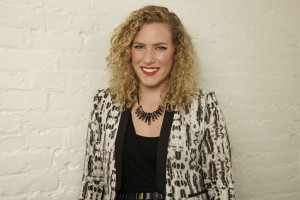Ace a Job Interview- How to Answer “Why Do You Want to work at This Company?”

When preparing for a job interview, it is important to research the company, but it is also crucial to remember to answer the question “why do you want to work at our company?” Even if this is not explicitly asked during the interview process, employers want to know the answer to this question. There are a few ways to prepare how to answer this question and these tips will hopefully help you in moving forward in the interview process and landing you the job!
The most important thing to do is your research on the company, showing this knowledge in your answer is essential to demonstrating your interest in the role and company. Be specific and mention key points that are specific to that company, for example, it is important not to just give general statements like “I want to work with fantastic talent”. If you do start with a general statement like “I admire your work”, then follow it up with a specific example of a project or initiative or campaign that the company or individual has produced and explain why you found it inspiration or worth mentioning. If company culture is important to you, look into that and share specific examples and explain precisely why you like this aspect.
Another great way to show your enthusiasm about the company is to explain how you first heard of them or why you sought the company out out. This personal story is a great way to show that you were interested in the company even before you had the opportunity to apply, and allows the potential employer to see your point of view of the company and its evolution.
It is also important to think ahead and explain where you see the company going and how you can see yourself in that plan. Remember that it’s not just a one way street and all about you– it’s important to demonstrate to your future employer why they should hire you. Showcase some of your skills and give examples of how you can be of value in the role. This shows you’ve gone above and beyond just research, really displaying your ability to think about the future of the company and your role in that.
There is no perfect way to answer this question, but these tips can definitely prepare you and give you some unique ways to show your enthusiasm!




